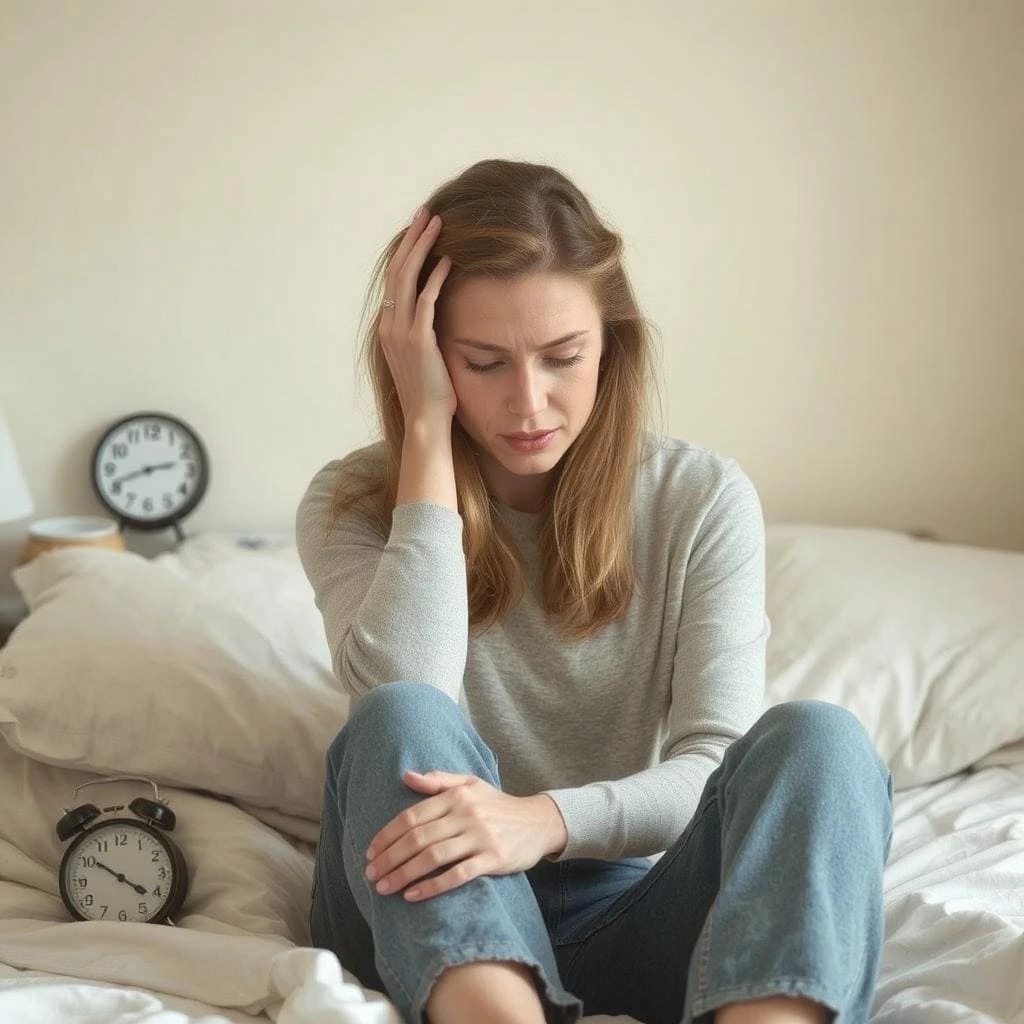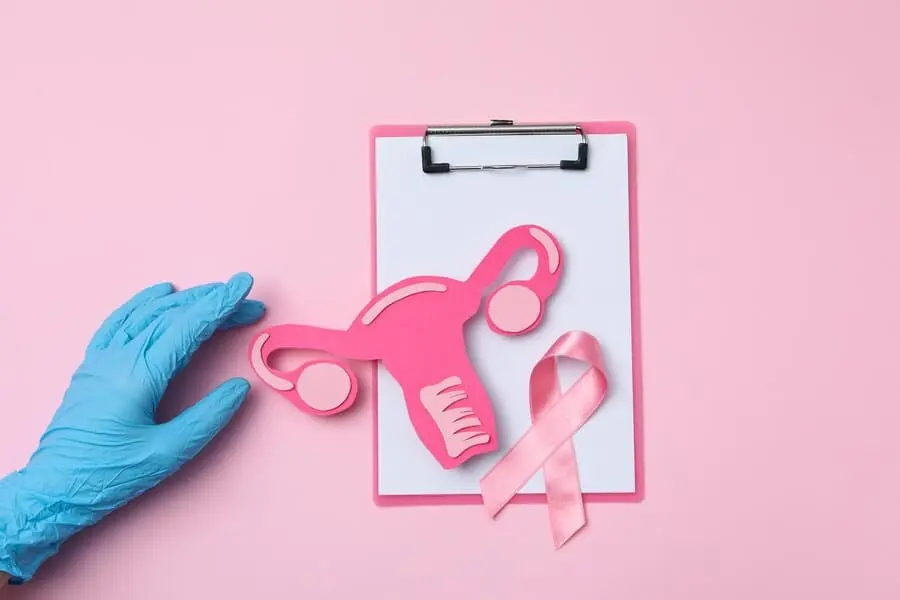
Hormones are crucial for how our bodies work. These tiny chemical messengers control everything from energy levels to mood swings. When something goes wrong with them, it can affect our health in surprising ways.
Hormonal imbalance in women is more common than you think, and it can happen to women of any age. Knowing the signs can help you take action and feel like yourself again. Let’s explore top 7 signs of hormonal imbalance in women but first, we need to understand what exactly hormonal imbalance is.
What Is Hormonal Imbalance?
Hormonal imbalance occurs when our bodies produce too much or too little of certain hormones. This can disrupt how your body works. Hormones affect things like your metabolism, mood, energy, and even skin.
Every woman’s body is unique, so symptoms can vary from person to person.
Here are the top 7 signs of hormonal imbalance in women:
1. Irregular Periods
Your period is like a monthly health check-in. If it doesn’t come on time, skips months, or becomes unusually heavy or light, it could be a sign of a hormonal imbalance. Hormones like estrogen and progesterone are responsible for your menstrual cycle. Issues like polycystic ovary syndrome (PCOS) or stress can disrupt these hormones.
What You Can Do:
- Keep track of your periods using an app or calendar.
- Talk to a doctor if you notice irregularities for more than a couple of months.
2. Unexplained Weight Changes
Gaining or losing weight without trying can be frustrating. Hormones like insulin, cortisol, and thyroid hormones can affect how your body stores or burns fat. For example, high cortisol levels (stress hormone) may lead to belly fat, while thyroid problems can make you gain or lose weight unexpectedly.
What You Can Do:
- Eat balanced meals with high protein and fiber content
- Stay active and manage stress with yoga or meditation.
3. Mood Swings and Anxiety
Do you ever find yourself feeling as though you’re on an emotional rollercoaster? It can be overwhelming at times. Hormonal shifts, especially in estrogen and progesterone, can affect your mood. Many women notice this during PMS, pregnancy, or menopause. High or low levels of certain hormones can also lead to anxiety or even depression.
What You Can Do:
- Practice self-care, like journaling or taking time to relax.
- If it feels overwhelming, don’t hesitate to seek help from a therapist or doctor.
4. Constant Fatigue
Feeling tired all the time, even after a good night’s sleep, could be a sign of hormonal imbalance. Thyroid hormones, in particular, regulate your energy levels. Low levels of these hormones (hypothyroidism) can leave you feeling sluggish. High cortisol levels from chronic stress can also make you feel worn out.
What You Can Do:
- Get your thyroid levels checked if you’re always tired.
- Stick to a sleep schedule and reduce your caffeine intake
5. Acne That Won’t Go Away
Acne isn’t just a teenage problem. If you’re dealing with stubborn breakouts, especially around your jawline or chin, it could be a sign of hormonal imbalance. Androgens, or male hormones like testosterone, can cause your skin to produce too much oil, leading to clogged pores.
What You Can Do:
- Use gentle cleansers and moisturizers.
- Seek the help of a dermatologist if the acne persists.
6. Hair Loss or Excessive Hair Growth
Thinning hair or losing clumps of it in the shower can be scary. Hormonal imbalances, especially in androgens or thyroid hormones, can weaken your hair. On the flip side, too much androgen can cause hair growth in unwanted places, like your face or chest.
What You Can Do:
- Eat a diet rich in protein, iron, and vitamins to support hair health.
- See a doctor for proper diagnosis and treatment.
7. Trouble Sleeping
Do you toss and turn at night or wake up feeling unrested? Low estrogen levels, common during menopause, can also lead to insomnia or night sweats.
What You Can Do:
- Adapt a relaxing bedtime activity such as meditation
- Limit screen time before bed, as blue light can disrupt your melatonin levels.
What Causes Hormonal Imbalance in Women?
1. Stress
Stress isn’t just bad for your mood; it can also mess with your hormones. High cortisol levels from long-term stress can throw off your body’s balance.
2. Poor Diet
Eating too much junk food or not enough nutrients can affect your hormones. For example, a lack of healthy fats and protein can disrupt hormone production.
3. Medical Conditions
Some health problems like PCOS, thyroid disorders, or diabetes can cause hormonal imbalance. These conditions often need medical treatment.
4. Birth Control and Medications
Certain birth control pills or medications can change your hormone levels. Sometimes these changes lead to side effects like mood swings or weight gain.
5. Age and Menopause
Hormone levels naturally change as you age. Menopause, which happens in your 40s or 50s, causes estrogen and progesterone levels to drop, leading to symptoms like hot flashes and mood changes.
6. Sleep Problems
Not getting enough quality sleep can raise stress hormones like cortisol and lower important hormones like growth hormone.
When to See a Doctor
If you notice any of these signs lasting for more than a few weeks, it’s time to check in with a healthcare professional. They can run tests to pinpoint the problem and suggest treatments, which might include lifestyle changes, medications, or hormone therapy.
Take Charge of Your Health
Dealing with a hormonal imbalance can feel overwhelming, but you’re not alone. Many women face these challenges, and with the right knowledge and support, you can regain control of your health. The first step is listening to your body and seeking help when something feels off.
Remember, you’re more than your hormones. You’re strong, and capable, and deserve to feel your best every single day!
Stay proactive about your health by eating well, exercising, managing stress, and keeping regular check-ups with your doctor.
Taking small steps will lead to significant changes.
People Also Read: How to Deal With Body Image Issues As A Teenager



